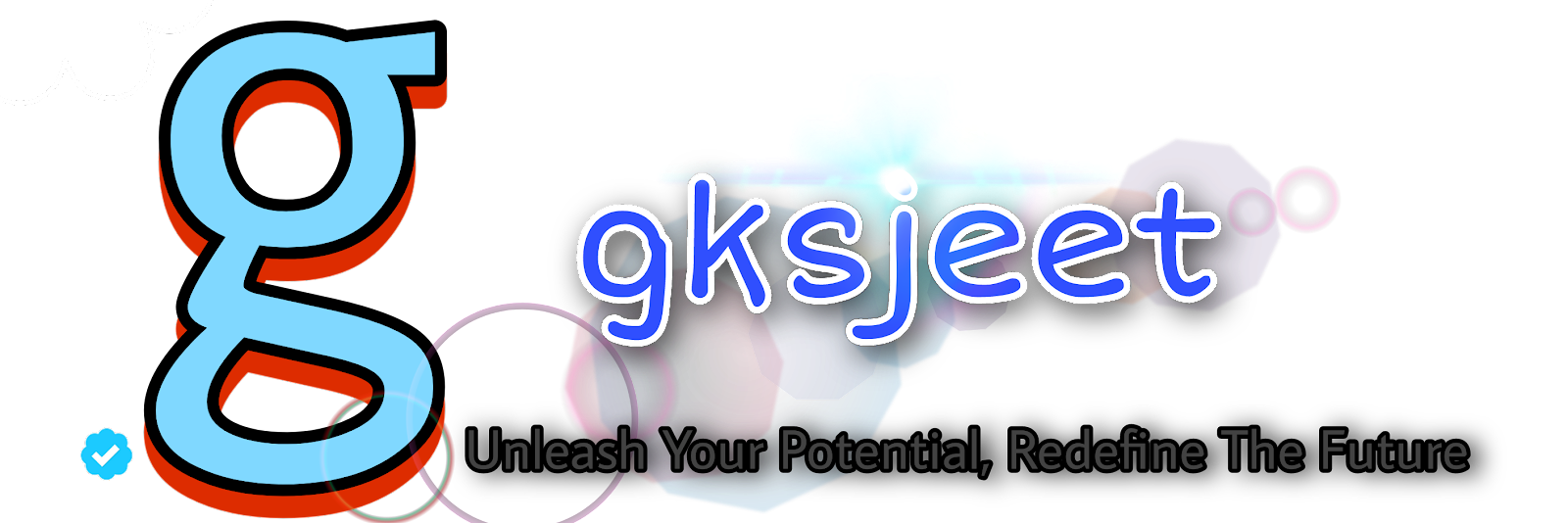 |
The Role of AI in Homoeopathic Remedy Selection
Homoeopathy is a holistic system of medicine that uses highly diluted substances to treat a wide range of conditions. The selection of homoeopathic remedies is based on the principle of "like cures like," which means that a remedy that produces similar symptoms in a healthy person can be - a substance that causes similar symptoms in a healthy person can be used to treat those same symptoms in a sick person.
Traditionally, homoeopathic remedy selection has been a
time-consuming and subjective process. However, artificial intelligence (AI) is
now being used to make this process more accurate, efficient, and personalized.
How AI Can Help with Remedy Selection
AI can help with homoeopathic remedy selection in a number
of ways. First, AI can be used to analyze large datasets of patient data to
identify patterns that may be associated with certain remedies. This
information can then be used to develop algorithms that can predict which
remedies are most likely to be effective for a given patient.
Second, AI can be used to automate the process of gathering
information about patients. This frees up homoeopaths to spend more time with
patients and providing more personalized care.
Third, AI can be used to identify the specific symptoms that
are most relevant to each patient. This information can then be used to
prescribe remedies that are tailored to the individual's needs.
Benefits of Using AI in Remedy Selection
There are a number of benefits to using AI in homoeopathic
remedy selection. These benefits include:
- Increased
accuracy: AI can analyze large datasets of patient data to identify
patterns that may be associated with certain remedies. This information
can then be used to develop algorithms that can predict which remedies are
most likely to be effective for a given patient.
- Increased
efficiency: AI can automate the process of gathering information
about patients. This frees up homoeopaths to spend more time with patients
and providing more personalized care.
- Increased
personalization: AI can identify the specific symptoms that are most
relevant to each patient. This information can then be used to prescribe
remedies that are tailored to the individual's needs.
Challenges of Using AI in Remedy Selection
There are also some challenges to using AI in homoeopathic
remedy selection. These challenges include:
- The
need for large datasets of patient data: AI systems need to be
trained on large datasets of patient data in order to be effective. This
data can be difficult to obtain, especially in the case of homoeopathy,
which is a relatively small field.
- The
need for accurate diagnoses: AI systems can only be as accurate as
the diagnoses that they are given. This means that it is important for
homoeopaths to be able to accurately diagnose patients before using AI to
select remedies.
- The
need for patient acceptance: Some patients may be hesitant to use AI
to select remedies. This is because they may not trust the technology or
they may be concerned about the privacy of their medical data.
The science behind the use of AI in homoeopathic remedy selection is based on the following principles:
- The
principle of "like cures like": This principle states that
a substance that produces similar symptoms in a healthy person can be used
to treat those same symptoms in a sick person.
- The
principle of "individualization": This principle states
that each patient is unique and that the remedy that is most effective for
one patient may not be effective for another patient.
- The
principle of "complexity": The human body is a complex
system and the symptoms that a patient experiences are often the result of
a combination of factors.
AI can be used to help homoeopaths select remedies by:
- Analyzing
large datasets of patient data: This allows AI systems to identify
patterns that may be associated with certain remedies.
- Automating
the process of gathering information about patients: This frees up
homoeopaths to spend more time with patients and providing more
personalized care.
- Identifying
the specific symptoms that are most relevant to each patient: This
allows AI systems to prescribe remedies that are tailored to the
individual's needs.
However, it is important to note that AI is not a
replacement for homoeopaths. Homoeopaths are trained to understand the
principles of homoeopathy and to use their knowledge and experience to select
remedies that are most likely to be effective for each individual patient. AI
can be a valuable tool for homoeopaths, but it is important to use it in
conjunction with traditional homoeopathic methods.
Here are some of the specific AI techniques that are being
used in homoeopathic remedy selection:
- Machine
learning: Machine learning algorithms can be used to analyze large
datasets of patient data and identify patterns that may be associated with
certain remedies.
- Natural
language processing: Natural language processing techniques can be
used to extract information from patient reports and to identify the
specific symptoms that are most relevant to each patient.
- Decision
trees: Decision trees can be used to create algorithms that can
predict which remedies are most likely to be effective for a given
patient.
Read More : All About Monkeypox : Symptoms, Causes, Transmission, Pictures, Treatment, and Prevention.
The use of AI in homoeopathic remedy selection is still in its early stages, but it has the potential to revolutionize the field. By making remedy selection more accurate, efficient, and personalized, AI could help to make homoeopathy a more effective and accessible form of healthcare. The use of AI in homoeopathic remedy selection is still in its early stages, but it has the potential to revolutionize the field. By making remedy selection more accurate, efficient, and personalized, AI could help to make homoeopathy a more effective and accessible form of healthcare.



